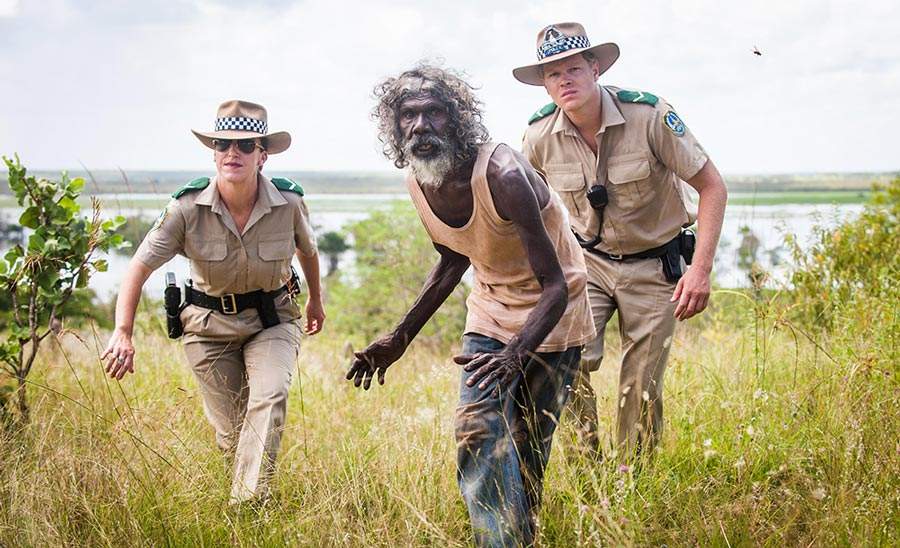Charlie’s Country
A wonderful piece of acting in a remarkable film.
Overview
There are very few faces as synonymous with Australian cinema as that of actor David Gulpilil. From his 1971 breakout in Nicolas Roeg's Walkabout to his recent collaborations with arthouse filmmaker Rolf de Heer, Gulpilil's career is full of unforgettable performances, many of which represent turning points for the depiction of Indigenous Australians on screen.
His third and most recent film with de Heer marks the last part in a loose thematic trilogy — one that began with The Tracker in 2002 and continued with Ten Canoes four years later. But while those films dealt with Aboriginal history, Charlie's Country takes place in the present. It's also one of Gulpilil's first major film projects since his incarceration for assault in 2011; de Heer visited him in prison so they could work together on the script. It's perhaps for these two reasons in particular that the film feels so resoundingly authentic.
Gulpilil's Charlie resides on an Indigenous settlement in Arnhem Land, the very same territory that his kinsmen have lived in for generations. But the truth is the land is no longer theirs. Charlie enjoys a genial relationship with the entirely white police force, yet differences in culture seem to make run-ins almost inevitable. When the cops confiscate his shotgun and destroy a lovingly made hunting spear, Charlie decides he's had enough.
And so the ageing Charlie goes trekking into the bush, intent on living as his ancestors did before the first white settlers. For a time he's successful. He hunts, and paints, and sleeps in a makeshift hut. But then comes the rain and with it a sad realisation: the way of life he wants to return to is one that no longer exists.
De Heer's slow narrative defies traditional arcing, the rewarding if occasionally directionless sense of realism enhanced by his naturalistic camerawork. The film's grim depiction of certain sections of the Indigenous community may put some viewers in mind of Warwick Thornton's Samson and Delilah. At times the film can be similarly difficult to watch, although on the whole it's much less unpleasant. Indeed, a warm sense of humour, particularly in the early scenes, puts harsher moments into relief.
Gulpilil looks far older than his 61 years, but as Charlie he may never have been better — he's just taken home a best actor award at Cannes for it. It's a performance loaded with understated feeling, one that's obviously informed by a wealth of personal experience. His very face tells a story, about a country, its people, and its cultural and cinematic history. What a wonderful piece of acting in a likewise remarkable film.





